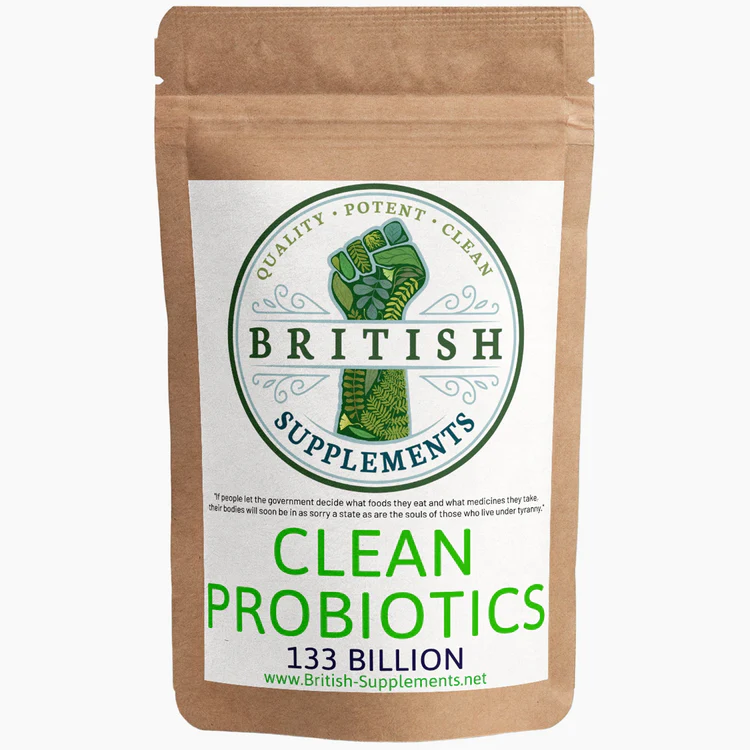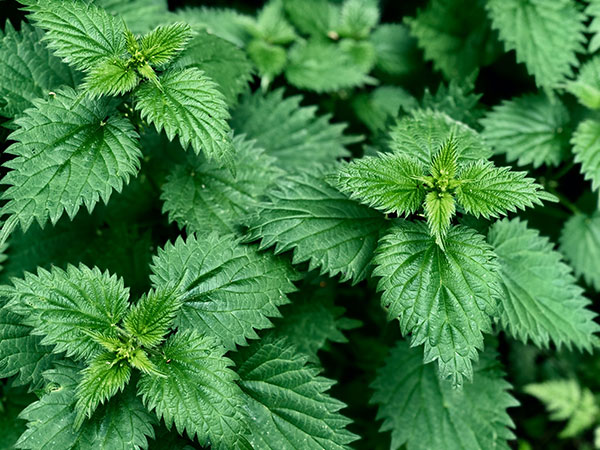A healthy gut, also known as the gut microbiome, refers to a balanced and diverse community of bacteria living in the digestive tract. It plays a crucial role in overall health, impacting digestion, nutrient absorption, immune function, and even mental well-being. Maintaining a healthy gut involves a combination of dietary choices, lifestyle habits, and stress management. A healthy gut is characterized by a wide variety of beneficial bacteria, fungi, and other microorganisms. This is essential for the best gut function, the health of your gut is more important then you might think. First and most important of all is diet.
Diet : A diet rich intake of fiber like fruits, vegetables, nuts, and wholegrains on a reqular bases supports a healthy gut. To much processed food high in unhealthy sugars and fats, can have an adverse affect on the balance of the gut, and keeping the correct balance is most important.
Probiotics and Prebiotics : Probiotics are found in fermented foods like yogurt and sauerkraut which are beneficial bacteria for the gut. Prebiotics are found in Bananas, Soy, cabbage, Kale, Spring-greens, Flax, and Legumes. Do your own research on so many more Probiotics and Prebiotics foods. You can also by gut flora in capsule form as a supplement which are designed to support a healthy digestive system. But this is not normally necessary if a healthy diet plan is put into place.
Physical Activity: Regular exercise has been shown to positively impact the gut microbiome. Exercise makes your gut contractions more effective and poweful which helps your gut empty much more quickly and effectively. Its most important for your digestive health moving the waste from your body before it can disrupt your microbiome.
Stress Management : Its amazing how stress can affect various parts of the body including the gut, giving you an upset stomach. So try if possible to avoid stressfull situations when ever you can. If you are a stressful person by nature then try mindfulness, yoga or spending time in nature.
Digestive issues: like bloating, gas, diarrhea, unsual waste or constipation.
Skin problems: like eczema, or acne.
Mood changes and mental health issues.
A weakened immune system.
We should eat more yogurt in our daily diet.[ Make sure you get a good probiotic yogut ]
- Rich in calcium for bone health
- Contains minerals that protect heart health
- Source of protein to support muscle mass
- Full of bacteria to support gut health
- Lowers bowel cancer risk
- Eat plenty of plant-based foods: Try to eat different plant-based foods each week, including fruits, vegetables,and whole grains.
- Increase fiber intake: Gradually increase your fiber intake to avoid digestive discomfort. Include in your diet chickpeas, lentils, split peas, avocado, cabbage etc. Do your own research and find out about lots more. Which you can by from your local supermarkets.
- Incorporate fermented foods: Include foods like yogurt, kefir, sauerkraut, and kimchi in your diet.
- Limit your processed food intake, sugary drinks, and excessive alcohol: These can negatively impact the gut microbiome.
- Stay hydrated: Drinking enough water is essential for proper digestion. Drink around 2 to 2.5 litres of water per day.
Dandelion can improve digestion and gut health naturally. Dandelion is often dismissed as a common weed and is destroyed through chemical weedkillers sprayed onto them,[ personally I think the WHO knows about its healing properties of this plant and wants to keep it a secret thats why they classified it as a weed.] its one of our most underestimated herbal remedies in natural form. Behind its bright yellow flower and deep taproot lies a powerful ally for digestive health. If you are struggling with bloating, gas, sluggish digestion, or discomfort after meals, dandelion could possibly give effective relief.
A few reasons why Dandelion helps your gut.
Water Retention:Dandelion acts as a natural diuretic, meaning it helps the body shed excess water and sodium. If your bloating is related to water retention, dandelion tea or extract can promote gentle urination and reduce puffiness in the belly and limbs — all without disturbing your potassium levels.
Eases Gas and aids Digestive Discomfort :Dandelion can also help relax the digestive tract and reduce trapped gas. It contains inulin, a type of prebiotic fiber that supports the growth of healthy gut bacteria — which play a crucial role in preventing fermentation and bloating caused by imbalances in the microbiome
Improves Overall Gut Function: By supporting the liver, kidneys, and intestines simultaneously, dandelion encourages better detoxification and nutrient absorption — two pillars of digestive health. A well-functioning digestive system leads to less inflammation, fewer cramps, and a flatter, more comfortable stomach.
You can use dandelion in a variety of ways, depending on your needs and what form you prefer:
- Dandelion Tea (Leaves or Roots): Drink 1–2 cups daily, especially after meals. Works wonders for gas and water retention.
- Dandelion Tincture: A few drops in water before meals can help stimulate appetite and digestion.
- Dandelion Root Capsules: These offer a more concentrated form and are useful for long-term liver and gut support.
- Fresh Dandelion Leaves: Add to salads or smoothies as a natural bitter herb.
In some cases people are unable to take Dandelion in any shape or form, here is a breakdown in detail.






